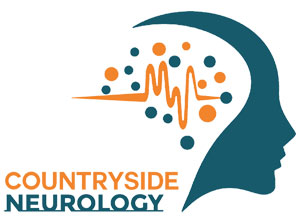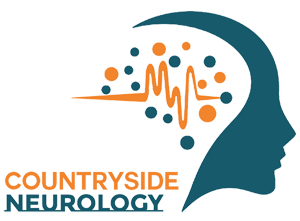As we age, occasional forgetfulness is normal—such as misplacing your keys or forgetting a name temporarily. However, persistent memory loss or cognitive decline could indicate early signs of Alzheimer’s disease, a progressive condition affecting memory, reasoning, and other mental abilities.
Normal Aging vs. Alzheimer’s Disease:
- Memory Changes:
- Normal Aging: Forgetting details but recalling them later.
- Alzheimer’s: Frequently forgetting recently learned information, important dates, or events, often requiring constant reminders.
- Problem-Solving:
- Normal Aging: Occasionally making errors, such as miscalculating a tip.
- Alzheimer’s: Difficulty following plans or managing finances, like repeatedly missing bill payments.
- Language and Communication:
- Normal Aging: Struggling to find the right word occasionally.
- Alzheimer’s: Persistent difficulty with conversations, often pausing to find words or calling objects by the wrong names.
- Mood and Personality Changes:
- Normal Aging: Mild mood shifts tied to situational factors.
- Alzheimer’s: Sudden confusion, anxiety, depression, or withdrawal from social activities.
What to Do if You Notice These Signs:
Consult a neurologist if memory or behavioral changes significantly impact daily life. Early detection can lead to interventions like medications and cognitive therapies, which may slow disease progression.
At Countryside Neurology, we offer early screening and diagnostic services to distinguish between normal aging and Alzheimer’s. Call 717-712-1567 or visit us at 2595 Tampa Rd, Suite V&W to schedule your evaluation. Stay informed by following @countrysideneurology.





